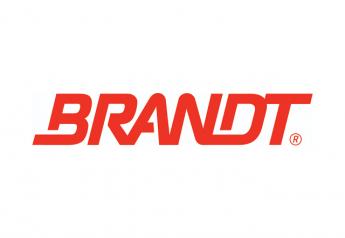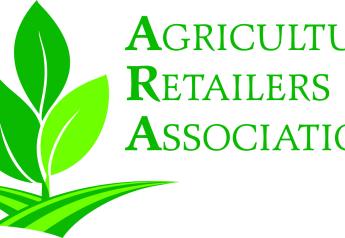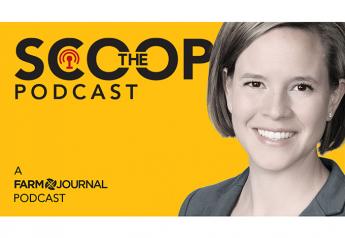California Lists Glyphosate as Cancer Agent, Ag Coalition Fights Back

A group of agricultural groups, including glyphosate manufacturer Monsanto, are joining together to challenge California’s listing glyphosate as a substance “known to the state of California to cause cancer” under its Proposition 65. The case was filed in the U.S. District Court for the Eastern District of California.
Under Proposition 65 any product containing glyphosate or any product with even trace amounts of glyphosate will be required to include a warning label to sell those products in 2018. The ag coalition says this label is “misleading” and “false” and will impact several companies, farmers and food products that come into contract with these products.
The agricultural coalition is led by the National Association of Wheat Growers, the National Corn Growers Association, Associated Industries of Missouri, Iowa Soybean Association, Agribusiness Association of Iowa, Missouri Chamber of Commerce and Industry, Missouri Farm Bureau, North Dakota Grain Growers Association, South Dakota Agri-Business Association, the United States Durum Growers Association and Western Plant Health Association.
California placed glyphosate in Proposition 65’s list of cancer-causing substances in July 2017 based on a controversial report by the International Agency for Research on Cancer. That report has been challenged by EPA, European Regulators as well as other regulatory bodies around the world—all have said glyphosate is safe to use. Earlier this week that conclusion was reinforced by the “largest epidemiological study ever conducted” on glyphosate was published in the Journal of the National Cancer Institute, which said there is no link between glyphosate and cancer.
Listing glyphosate under Prop 65 violates the First Amendment, which protects individuals and businesses from compelled false speech,” Monsanto says in a recent press release. “Under the unjustified Prop 65 listing, glyphosate manufacturers and distributors, agricultural producers and food companies could be compelled to label their products with a warning known to them and to the scientific community to be false.”







